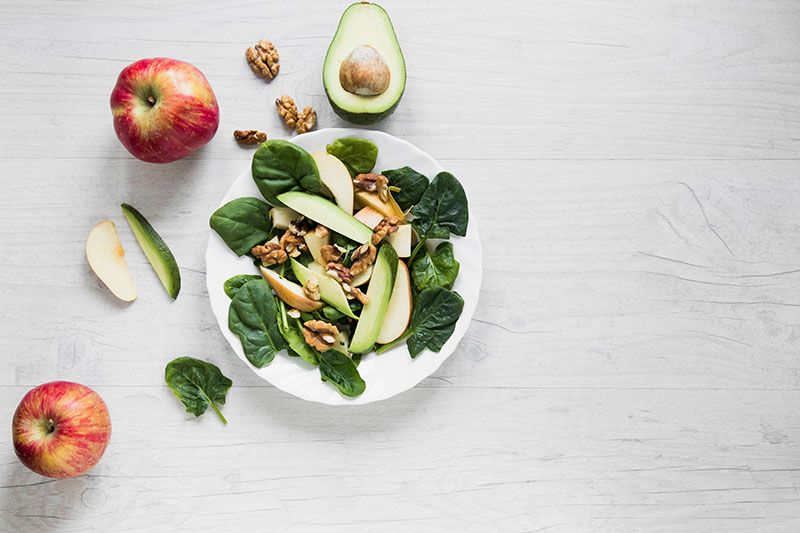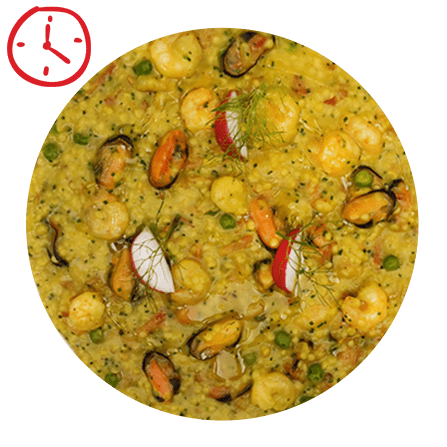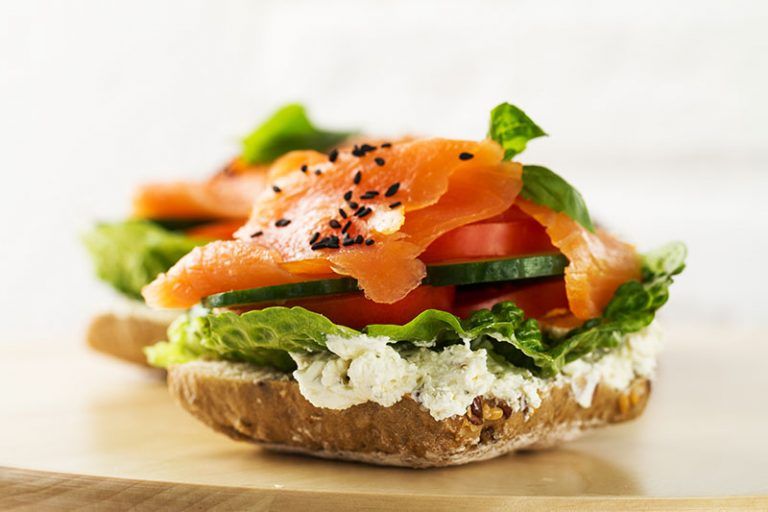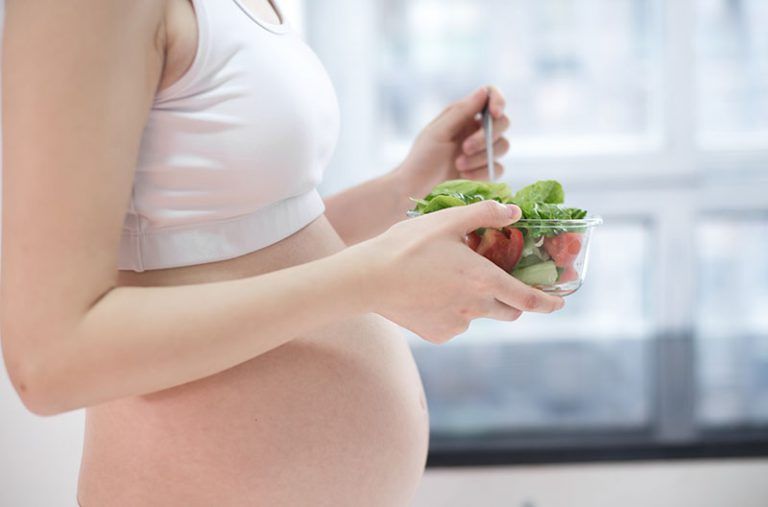
Pregnancy is a new and important stage in the life of women. A healthy diet before and during pregnancy can help it turn out smoothly.

The objectives set by FAO for maternal diet are:
- Cover the basic dietary needs of women
- Cover the additional needs created by fetal development
- Prepare the female organism to handle birth in the best possible way
- Promote and facilitate breastfeeding about to follow
A characteristic of this life stage is the gradual weight gain, due to the weight of the fetus and the generation of new tissue by the mother-to-be.
Dietary requirements (UNICEF, 2013)
UNICEF has developed a guidebook with useful tips regarding the diet of pregnant women:
- Energy: During the 2nd and 3rd trimester of pregnancy, the needs in energy rise by 285kcal per day, helping maintain the maternal tissues, the fetus and the adipose tissue.
- Protein: The needs in protein rise by 10g in the second trimester of pregnancy and by 31g in the third trimester.
- Carbohydrates: It is important to ensure a diet rich in carbohydrates during pregnancy in order to prevent low blood sugar or hypoglycemia. It is recommended that 45-60% of the daily calorie intake derives from carbohydrates, distributed throughout the day in 7 portions, such as bread, pasta, rice (preferably wholegrain) or vegetables.
- Fats: During pregnancy, a 25-30% calorie intake from fats is recommended. The choice of fats is important at this stage. Fish is a natural source of EPA and DHA Omega-3 fatty acids, found solely in marine-derived products.
- Minerals: A varied and balanced diet is essential to safeguard a proper mineral intake. Pregnant women are advised to consume foods rich in:
- Calcium: salmon, sardines, dairy products
- Iodine: fish, iodized salt
- Iron: beef, sardines, egg
- Zinc: crustaceans and molluscs
- Vitamins: They are very important during pregnancy. The vitamin bearing the most important role at this life stage is folic acid, also known as vitamin B9. Folic acid is necessary for cell division, DNA replication and RNA generation; in other words, it is extremely important for the generation and maintenance of new cells. Moreover, it is necessary for the generation of red blood cells and the metabolism of amino acids and carbohydrates. Folic acid is found in many foods of animal and plant origin, such as salmon, beer yeast and green leafy vegetables.
Physical disorders during pregnancy affecting nutrition:
- Nausea and vomiting: Nausea and vomiting are some of the first symptoms which may occur during pregnancy and at any time during the day. To relieve these symptoms, it is recommended to:
- Keep hydrated
- Avoid foods which cause this sort of symptoms
- Eat small portions evenly distributed throughout the day
- Avoid food rich in fats and salt and prefer foods rich in protein and complex carbohydrates
- Heartburn: During pregnancy, it is possible for some foods or refreshments to cause heartburn. To avoid it, it is recommended to:
- Eat in moderation and slowly
- Avoid acidic, spicy and high-fat foods
- Avoid lying down straight after eating
- Avoid the consumption of refreshments
- Constipation: This is a common symptom during pregnancy. To prevent it from happening, it is recommended to:
- Keep hydrated
- Consume foods rich in fibers, such as fruit and vegetables
- Perform mild exercise
THE IMPORTANCE OF FISH CONSUMPTION DURING PREGNANCY
During pregnancy, the nutrient intake must cover the dietary needs of both mother and fetus. The protein consumed must be of excellent quality to ensure the proper development of the embryo’s tissues. Therefore, fish by Pescanova is a good way to incorporate high-value protein in everyday diet, thus safeguarding the intake of all necessary amino acids both for mother and fetus. The content of fish in good fats makes it essential throughout pregnancy. The sufficient supply of Omega-3 fatty acids – mainly EPA and DHA – is realized through the mother’s diet, with the nutrients passing to the fetus through the placenta and umbilical cord.

FRESHNESS HAS A TASTE. WILL YOU TRY?
Tasty, healthy dishes that keep the freshness of the sea intact

SEAFOOD PAELLA (MUSSELS, SMALL SHRIMPS) WITH TURMERIC, BACON AND GREEN PEAS 
GLUTEN-FREE FISH STICKS IN THE OVEN WITH COOL GUACAMOLE 
TAGLIATELLE WITH ARGENTINE SHRIMP, CREAM CHEESE, BASIL AND GARLIC








